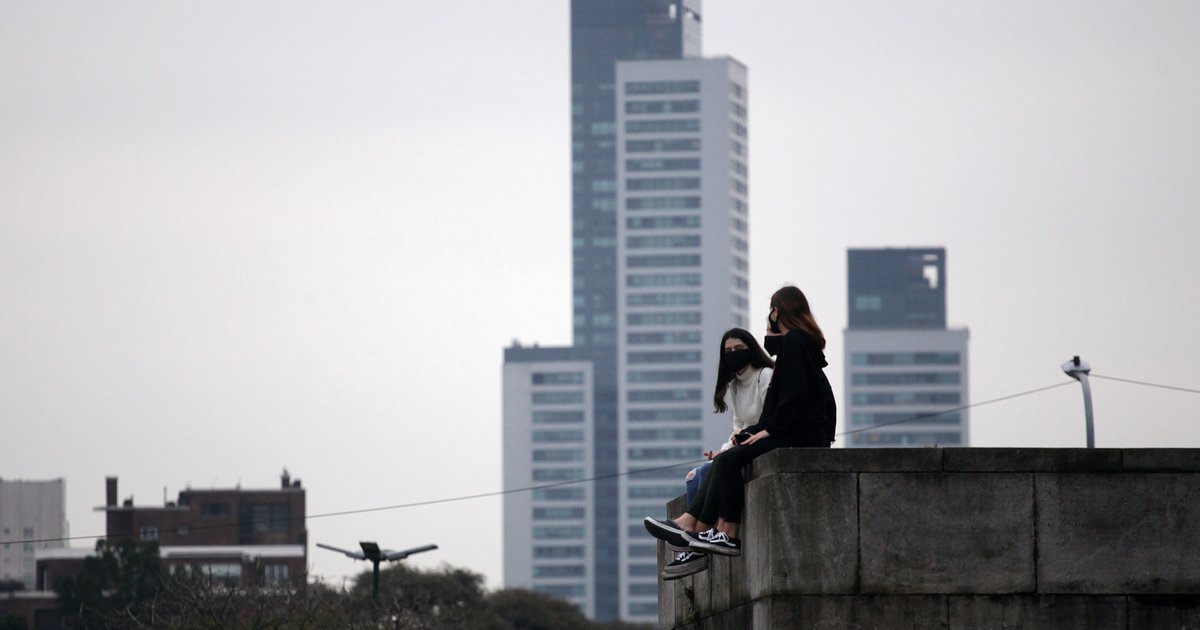
JZ: Why is that? Why are some people and countries becoming more socially aware than others?
SS: It seems to me that the Americas are born out of violence. They entered, killed, and pushed out. They have destroyed nature, waters, and mining. Until a few years ago, I would never have said what I’m saying now. And the question is, to what extent is determinant the fact that America is a continent that emerged from robbery after robbery, from those who came to capture and enslave. They managed the situation through extreme brutality by eliminating the indigenous peoples. And those who remained were put in camps.
These are the things that one notes and thinks: it is not possible that we, as humans, could act like this.
In Argentina, we had two modalities. One that begins with Perón and consists of generating housing for the most impoverished classes because the city was in an accelerated process of growth.
There are still positive elements that intend to facilitate a good life. But now it’s very different. Ah, there are minerals that we can exploit over there, along with a disdain for poor people.
Having said that, I’d like to mention the good things, such as the search for a healthier life, better food, and less ostentation from young people.
We have positive developments, but at the same time, some actors that are so powerful, so internationalized, that they spoil realities without even being aware of it. It’s as if they’re floating above all the abuses.
JZ: Reading your books, it seems to me that in all of them, there’s the following message: Look, the time has passed for totalitarian strategies that sought to change everything by “storming the heaven.” Today, what we need is more modest, effective strategies. The city, the local, the neighborhood. Let’s start from the bottom to change this world that needs it so much.
SS: In the long run, this will be the best modality we can count on. The world has hardened because there is too much suffering. If you think of India, countries with so much poverty, so much abuse. It is as if, up to a certain point, we automatically protect ourselves so that we don't think too much about these things, to avoid seeing them. Or, we stop worrying because we can't do anything about the alarming rise of social injustice.
We seem paralyzed or diminished in our ability to act, overwhelmed in situations where we have zero power. That competition existed in small cities. It was vital for citizenship. Today we lack the platform to stand up and say, I don't accept this anymore! We have to recover the capacity to make ourselves heard, to recreate the community presence and its impact on common life.
JZ: I'm going to end on a positive note, but not simply out of goodwill, but because it's a reality, and it has to do with the Netherlands. There are communities here where people of all ages come together to live in a neighborhood built to share responsibilities. They’re a kind of ecological, social, and human nucleus that’s like a seed of transformation.
SS: Very good. But the Dutch are also a special case.
JZ: Why?
SS: Because the country is very small. So they, since they’re little, learned to value many things, especially the value of space. As it’s a country with a considerable population, so each piece of land takes on an important value. It's strange to find people who don't use bicycles, including politicians, businessmen. Right now, we have a Prime Minister who has become famous for using his bicycle. The population knows that it’s the most rational, the most effective. It's not a romance. It's a concrete reality.
A small country, after World War II, hat to either reinvent itself or end in disaster. The Dutch demand a lot from the imagination. Now, they’ve invented a platform to place it above the rivers. Cows and a whole range of animals are raised on these platforms. There’s no more land available, so platforms it is. They build very high silos to fill them with agricultural products. There's no more land, so vertical construction it is.
Similar initiatives could be implemented in several Latin American countries. The big question is, why doesn't that happen where there’s so much land, so much wealth? Big landowners have their share of responsibility, but so do citizens. It’s that kind of inability to say we are going to transform this as the Dutch did, because they had to do it. And we’re also obliged to do so.
tinyurlis.gdu.nuclck.ruulvis.netshrtco.de
مقالات مشابه
- مرد آهنین شد ورزشکار جوان و سالم تا COVID-19 تقریبا او را کشته
- تغییرات به استانبول ایاصوفیه می تواند باعث میراث نقد و بررسی – یونسکو
- یک سال دیگر از ساخت و ساز گرم در UND
- آلمان طول می کشد اتحادیه اروپا صندلی داغ با چالش های بزرگ, انتظارات
- هنگ کنگ دادگاه را انکار می کند و با قرار وثیقه به اول شخص متهم تحت قانون جدید
- شرکت صادرات و واردات کالاهای مختلف از جمله کاشی و سرامیک و ارائه دهنده خدمات ترانزیت و بارگیری دریایی و ریلی و ترخیص کالا برای کشورهای مختلف از جمله روسیه و کشورهای حوزه cis و سایر نقاط جهان - بازرگانی علی قانعی
- جو بایدن اعلام کرد تجاوز جنسی 'هرگز اتفاق افتاده است'
- کربن فعال شده آغشته شده
- شرکت صادرات و واردات کالاهای مختلف از جمله کاشی و سرامیک و ارائه دهنده خدمات ترانزیت و بارگیری دریایی و ریلی و ترخیص کالا برای کشورهای مختلف از جمله روسیه و کشورهای حوزه cis و سایر نقاط جهان - بازرگانی علی قانعی
- اجرای قانون محلی افتخار افتاده افسر پلیس ملی هفته